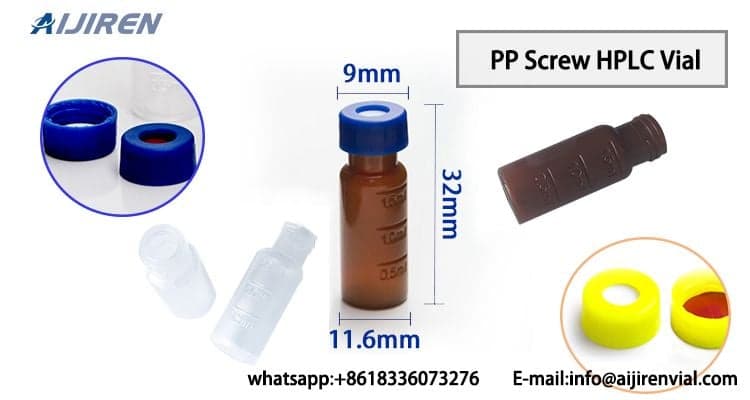
Chrom Tech offers a large portfolio of chromatography vials for use with most autosamplers for Mass Spectrometry, GC, and HPLC applications. Vials are very commonly used in chromatography as single-operation handling containers that can be made of glass or plastic with a variety of closure options. Sample volatility, sample amount, and light
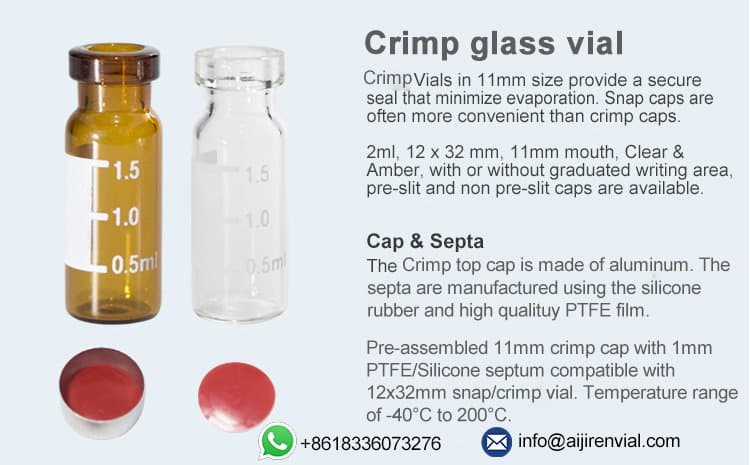
HPLC Vials, Chromatography vials, Autosampler Vials Chromatography Vials | VWR Designed to use separating organic and inorganic compounds for analysis, chromatography vials come in different finishes to guarantee chemical compatibility.
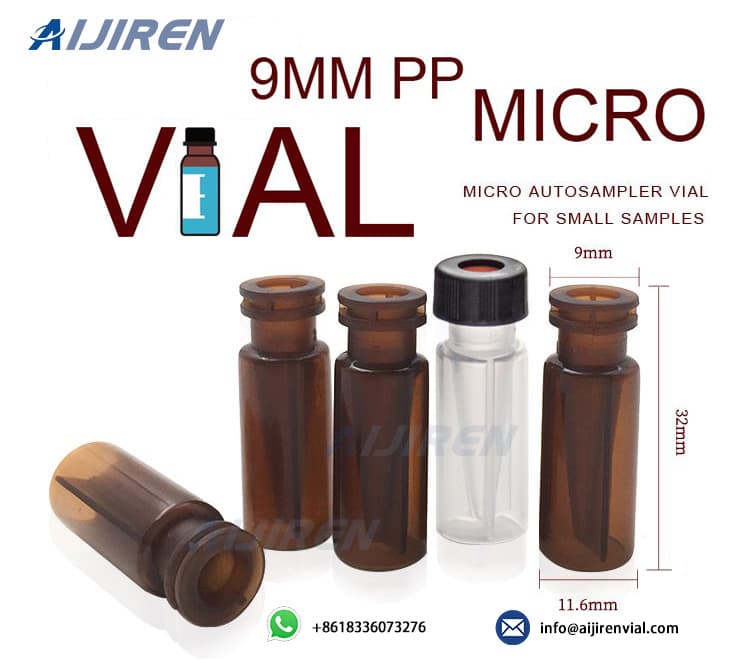
Autosampler vials are usually made from clear or amber glass, both of which are highly inert. Amber glass helps protect more sensitive samples from exposure to UV light and radiation. Vial inserts are used to reduce the capacity of the vial to accommodate smaller samples. Typically 150 to 400µL in volume, they may be made of glass, plastic, or
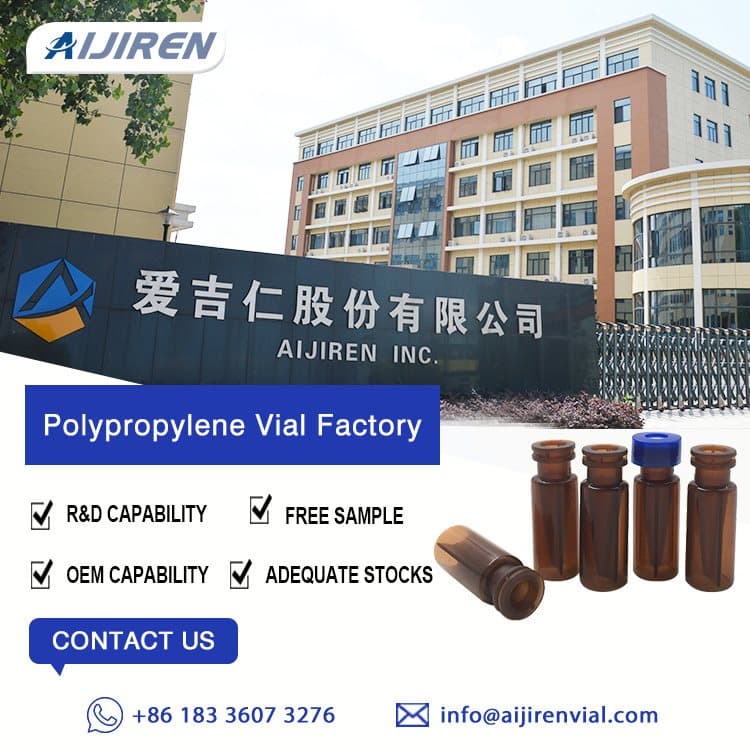
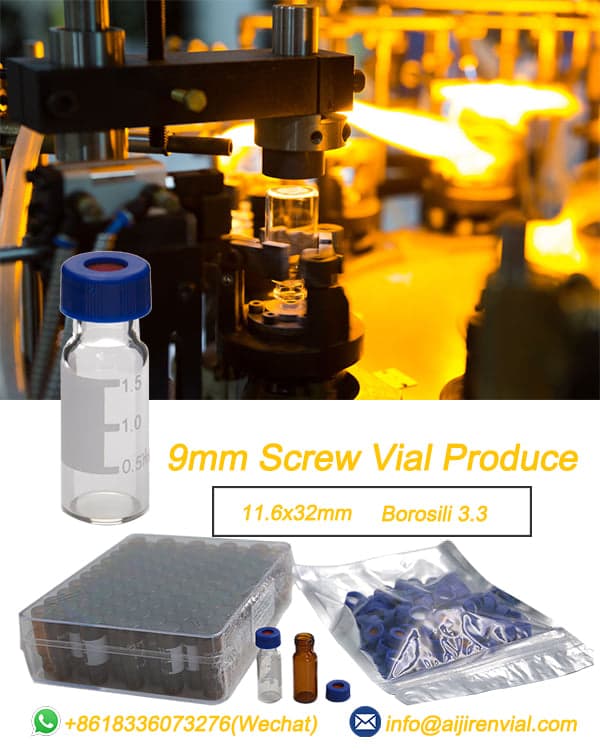
Aijiren screw thread top sample vials design is characterized by universal ease of use, especially the use of automated sample introduction systems, so this type of vial is also called a autosampler vial. And this sample vial is extremely compatible. The 1.5ml
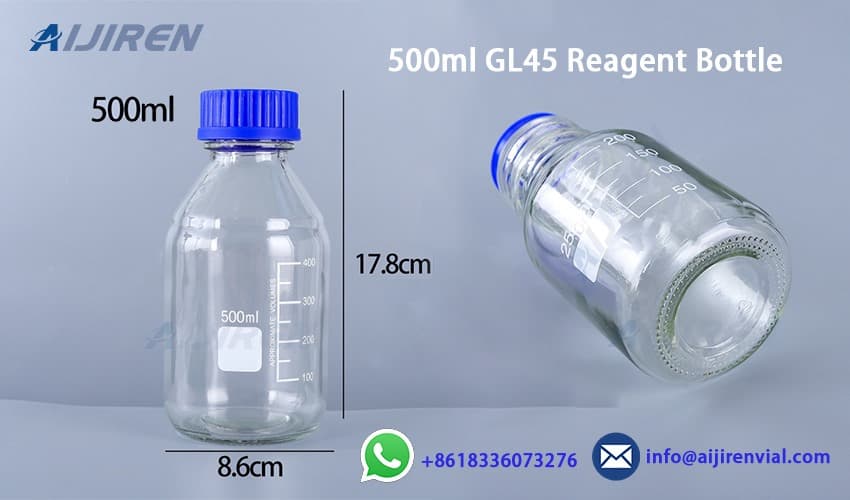
The total-volume injection SIL-30AC autosampler features a pressure tolerance of 130 MPa as well as the world’s fastest sample injection (10 seconds), which dramatically reduces the total cycle time. It includes auto pretreatment and overlapping functions as standard, and an optional loop-injection method configuration to minimize delay volume.
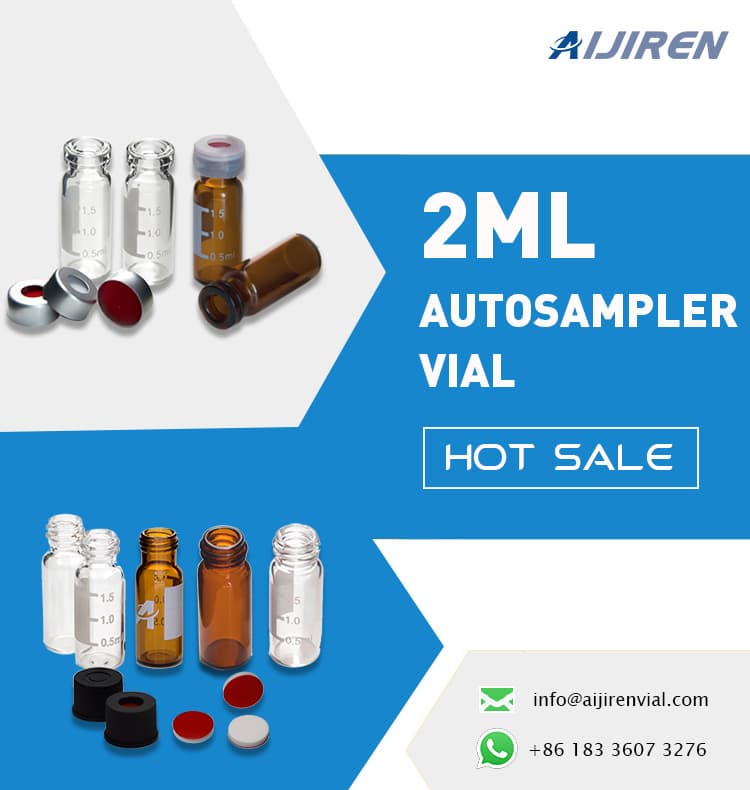
Different vials for different platforms GC/FID September 21st, 2017 5 steps to GC/FIDsample containment 1 The Vial is usually made of glass, clear or amber, crimp in style. 2 The Cap is almost always aluminum or steel (if magnetic is important). 3 The Septa is
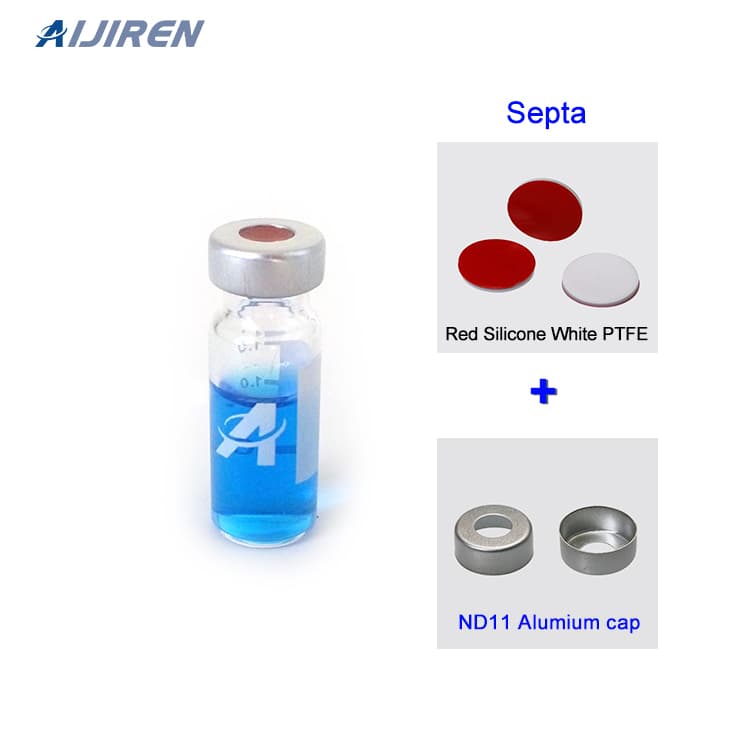
May 18, 2021 · Common Types of Vials Autosampler Vials. Autosampler vials are the most common type of vial and are used with autosampler machines. You should ensure the vials you choose are compatible with the machine you use, so you don’t cause any damage. Cryogenic Vials. Vials used in cryogenics must be able to withstand low temperatures.
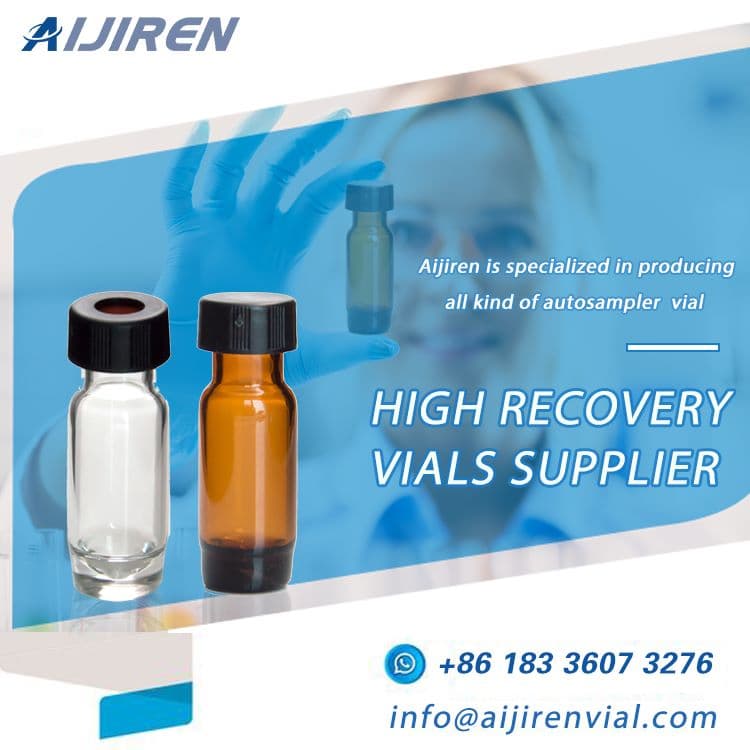
13mm Autosampler Inserts Aijiren Tech™. Aijiren Tech™ National 13mm Autosampler Vial Inserts are made of clear Type 1 Class A borosilicate glass and available in two configurations for use with HPLC or GC autosamplers. Usable volumes range from 350μL to 850μL. [Bullet] Conical inserts offer a low residual volume of less than 8μL.
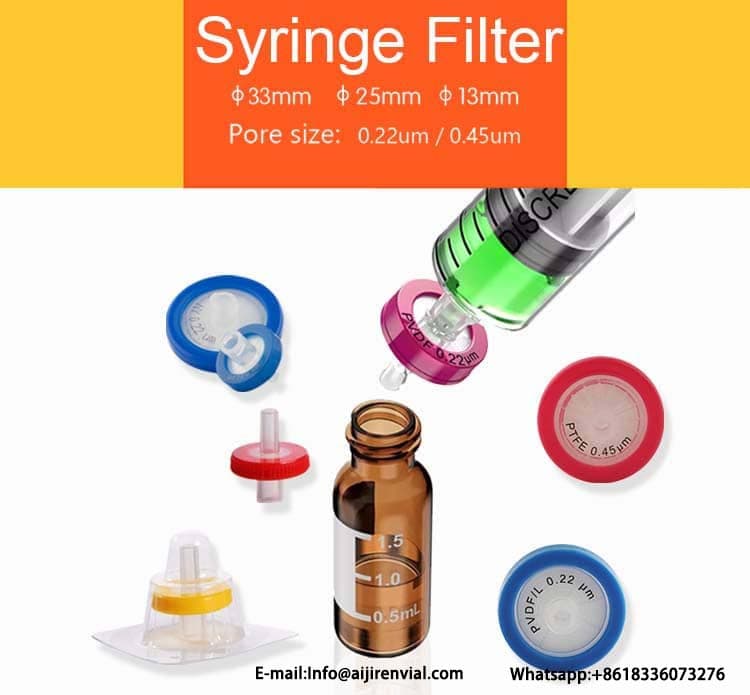
Chrom Tech offers a large portfolio of chromatography vials for use with most autosamplers for Mass Spectrometry, GC, and HPLC applications. Vials are very commonly used in chromatography as single-operation handling containers that can be made of glass or plastic with a variety of closure options. Sample volatility, sample amount, and light
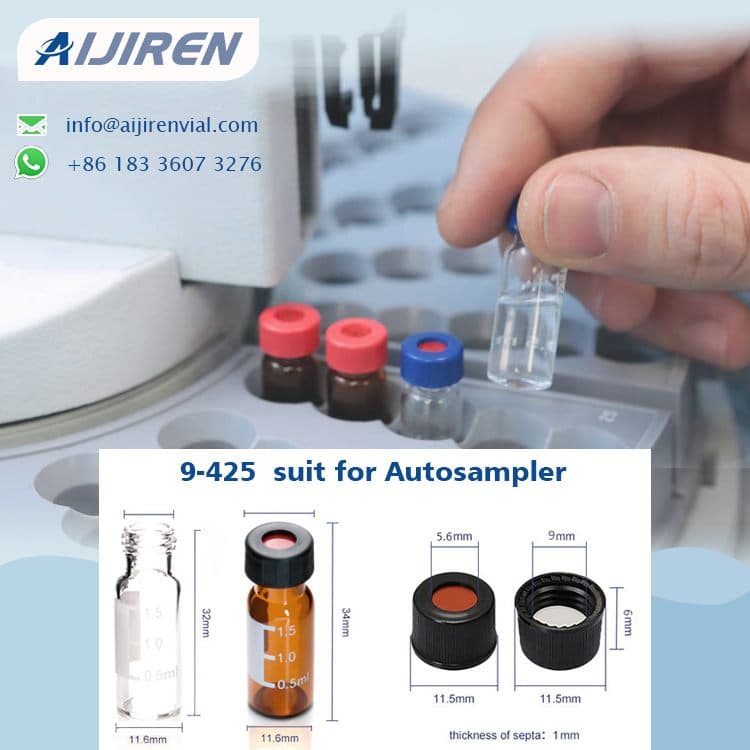
Autosampler vials are broadly used for performing analysis procedures in chromatography. These are essential commercial vials used within autosamplers so they must adhere strictly to specific dimensions. Autosampler vials are manufactured in a way that are compatible with all kind of autosampler systems. Manufacturing procedures for autosampler

Nov 29, 2021 · 27/8/2021 · These vials are designed to work on most autosamplers that use 12mm x 32 mm crimp style vials. 1.5mL 11mm Snap Ring Vial ND11 1.5mL/1.8mL snap 9-425 HPLC Autosampler Screw Neck Vials for Aijiren–Aijiren Vials 9-425 HPLC Autosampler Screw Neck
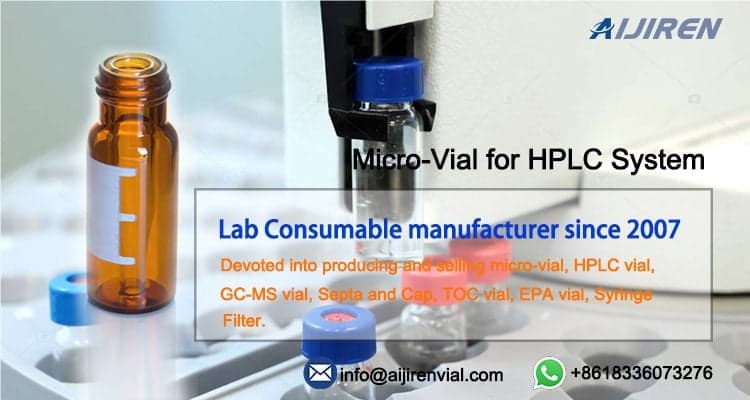
Autosampler vials are not designed to be centrifuged so we cannot support it with the exception of the MRQ™ & Max Recovery™ vials. Due to their thicker walls and “single piece” construction (AQ brand, RSA or RSA-Pro) they can withstand g forces up to 6,000 x g when used in a compatible centrifuge and adapters.
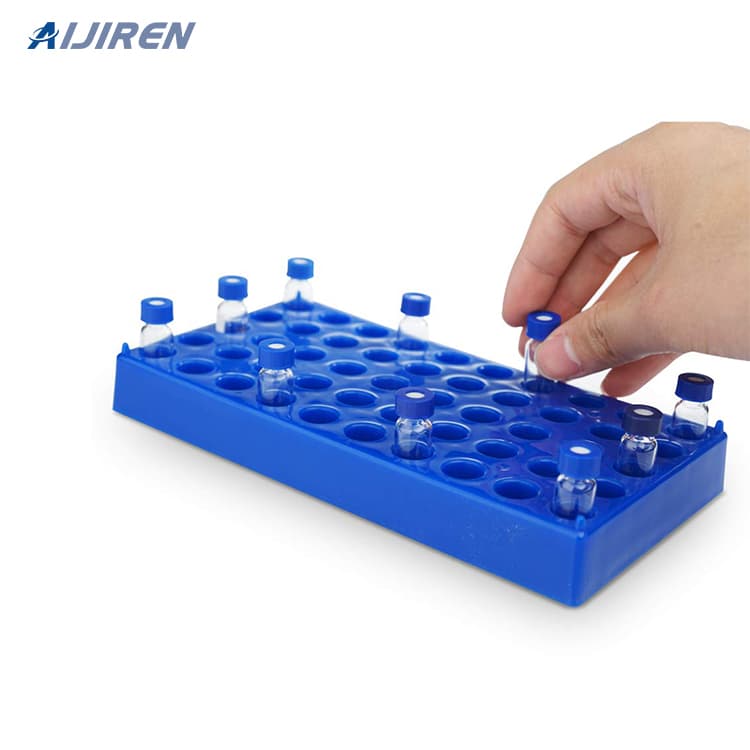
2ml Autosampler vials hold samples that will be injected from an autosampler into a chromatograph or similar analyzer. Vials, vial inserts, septa, and caps/closures with or without septa for use with autosamplers and autosampler vials; includes a variety of sizes, configurations, material compositions, and closure types.
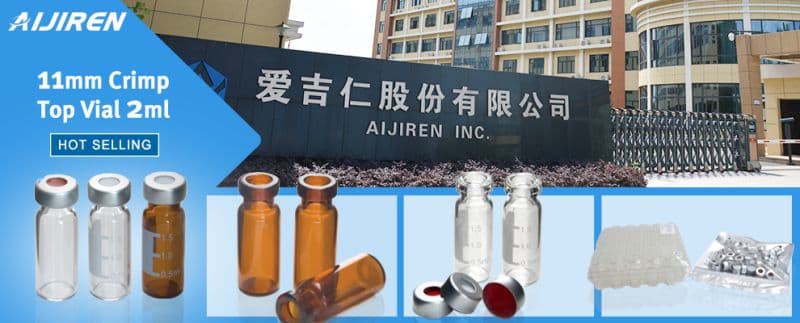
May 10, 2016 · The vial system consists of three main parts: vial, septum, and cap. Extensive testing is done to confirm the specifications for each product are met. Vials – Only Type 1 borosilicate glass is used to make Low Adsorption products. Clear vials are produced from Grade A, 33 expansion glass.